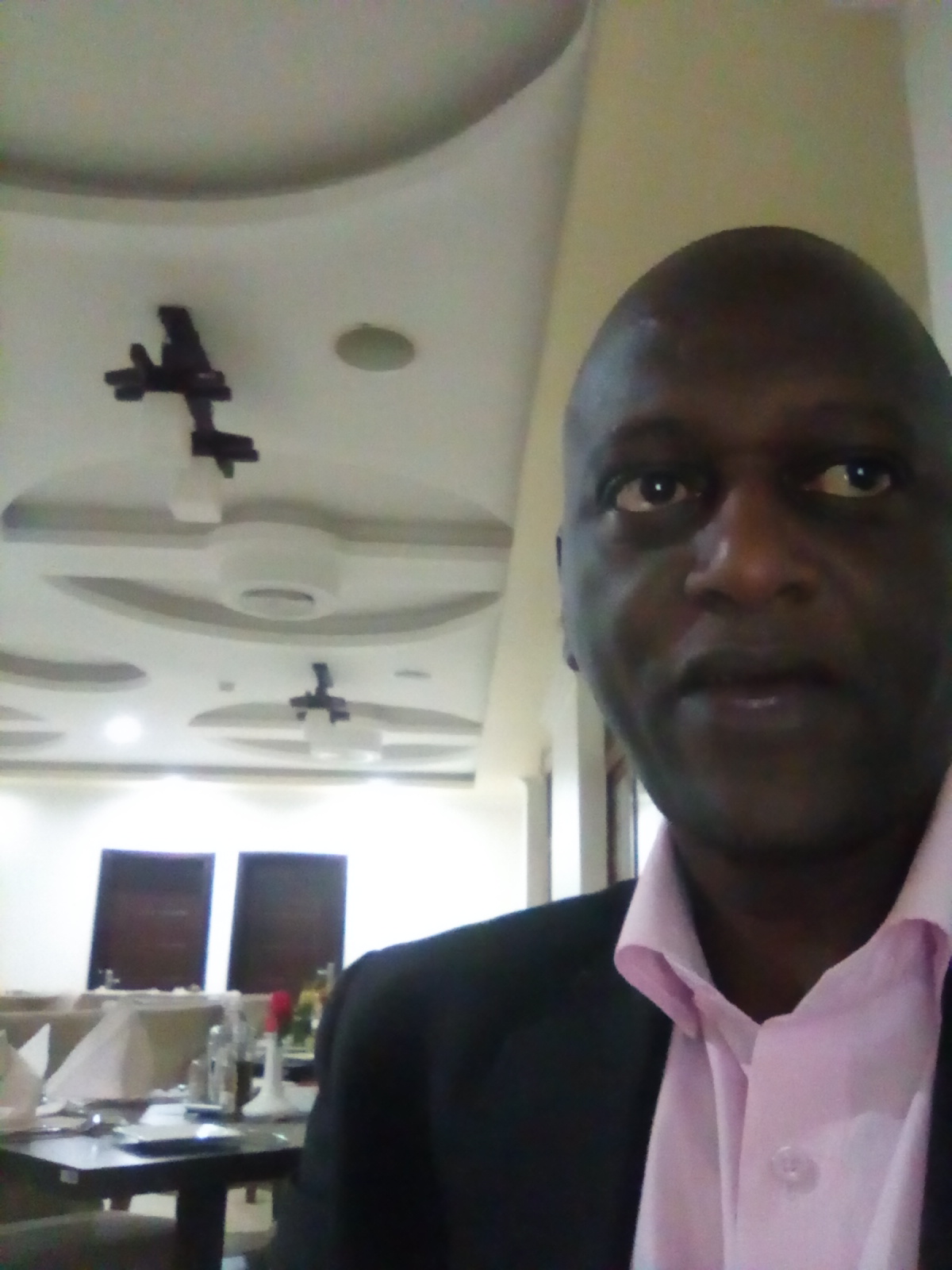taxBaddy

Cases & Comments Account name:
| Kenya | |||||
Seven Seas Technology Limitedvs Kenya Revenue Authority |
|||||
| id : 42-201708 cat : Other | |||||
|
The High Court delivered its judgement in the case of Seven Seas Technology Limited vs Commissioner of Domestic Taxes (2017008). Aggrieved by the Tax Appeals Tribunal (TAT) decision which upheld the foregoing position, the Appellant lodged its appeal at the High Court. In this judgement, the High Court made a distinction on what constitutes the right to use copyright in a software over the right to use a copyrighted software. ISSUES FOR DETERMINATION I) Whether software embeded in a disk atracts royalties. |
|||||
|
Asked by : Admin
DOF : 2017-08-01 
|
|||||
SubmissionsPDF |
|||||
|
Seven Seas Technologies under a software license agreement purchased software from a US company – Callidus software – for internal use and for distribution to local customers. Following an audit, the tax authorities found that Seven Seas Technologies had not been paying withholding taxes on payments in respect of the software license agreement with Callidas. An assessment was issued according to which these payments were found to by a “consideration for the use and right to use copyright in the literary work of another person” as per section 2 of the Income Tax Act, thus subject to withholding tax under Section 35 (1)(b) of the Kenyan Income Tax Act. APPELLANTS SUBMISSIONS Seven Seas Technologies contested the assessment before the Tax Appeals Tribunal where, in a judgement issued 8 December 2016, the tribunal held that Seven Seas Technologies had acquired rights to copyright in software that is commercially exploited and that the company on that basis should have paid withholding tax. A decision was issued in favor of the tax authorities. Unsatisfied with the decision of the tribunal Seven Seas Technologies Ltd moved the case to the High Court. In the appeal filed in 2017 Seven Seas Technologies Ltd argues that a payment may only be deemed a royalty where it results in the transfer of copyrights which grants rights as set out in Section 26 (1) of Copyright Act 2001. In the case at hand, a transfer of such rights had not taken place under the software license agreement and the payments are therefore not subject to withholding tax. |
|||||
Ruling |
|||||
|
RULING OF THE HIGH COURT The High Court granted the appeal and decided in favor of Seven Seas Technologies Ltd. The additional tax assessment and the decision of the tribunal – was set aside. During the proceedings the High Court sought additional evidence, including evidence of experts. The expert witness for the Appellant pointed to the decision in the case of Tata Consultancy Services vs State of Andhra Pradesh (277ITR 401) 2004 Pg 99-122 wherein the Indian Supreme Court held that software, when put in a medium, is goods for sale, not copyright. The High Court relied on the Indian Supreme Court decision of 2 March 2021 in the case of Engineering Analysis Centre of Excellence Private Limited v. Commissioner of Income Tax. The Court extracted the finding that “What is licensed by the foreign, non-resident supplier to the distributor and resold to the end-user or directly supplied to the resident end-user is, in fact, the sale of a physical object which contains an embedded computer program and is, therefore, the sale of goods.” Excerpt “The upshot of the above excerpts and the case is that the Appellant in this case paid the license fee did not acquire any partial rights in copyright and thus not subject to royalty as argued by the Respondent. In addition to the above, the OECD Model Tax Convention on Income and on Capital provides that in such transactions, distributors are paying only for the acquisition of the software copies and not to exploit any right in the software copyrights. Therefore, payments in these types of transactions should be dealt with as business profits and not as royalties. The Tribunal erred in failing to consider that the Appellant is a vendor of copyrighted material and not the user of a copyright and in this regard does not receive any right to exploit the copyright. Disposition It is therefore right to conclude that the Appellant was not subject to pay royalties and in turn not liable to pay Withholding tax to the Respondent with regard to the distribution of the computer software. For these reasons the Appeal is allowed and the decision of the Tribunal set aside.” |
|||||
|
posted by : Admin
DOR : 
|
|||||
